U.S. President Donald Trump said Friday, February 1 that the United States was withdrawing from the landmark Cold War Intermediate-Range Nuclear Forces missile treaty with Russia, saying Moscow was in violation.
Ahead of a deadline set by Washington, the U.S. said that Russia had not addressed concerns over a new medium-range missile system that Western states believe goes against the 1987 Intermediate-Range Nuclear Forces Treaty.
Effective Saturday, “the United States will suspend its obligations under the INF Treaty and begin the process of withdrawing from the INF Treaty, which will be completed in six months unless Russia comes back into compliance by destroying all of its violating missiles, launchers and associated equipment,” Trump said in a statement.
“The United States has fully adhered to the INF Treaty for more than 30 years, but we will not remain constrained by its terms while Russia misrepresents its actions,” Trump said.
Secretary of State Mike Pompeo, announcing the decision at a news conference, said that Washington still wanted to engage in arms control negotiations with Russia and hoped Moscow would come into compliance.
“The United States is hopeful that we can put our relationship with Russia back on better footing, but the onus is on Russia to change course from a pattern of destabilizing activity, not just on this issue but on many others as well,” Pompeo said.
NATO Secretary-General Jens Stoltenberg said Russia “is in material breach” of the treaty and “must use [the] next six months to return to full verifiable compliance or bear sole responsibility for its demise,” adding the the alliance fully supported the U.S. suspension and withdrawal.
Western capitals say a new Russian medium-range missile system breaches the terms of the 1987 treaty and puts European cities at risk.
Germany says INF treaty dead
Earlier Friday, Heiko Maas, the German foreign minister who has shuttled between Moscow and Washington in recent weeks trying to save the INF treaty, said Russia was still in breach.
“We must note that the INF treaty has been violated by the Russian side and that the appeals of the last 60 days for more transparency and more information have come to nothing,” Maas said as he arrived for talks with fellow E.U. foreign ministers in Bucharest.
“A treaty to which two contracting states belong and which has been violated by one side has de facto been invalidated.”
History’s taught ‘a clear lesson’
The INF accord, signed by then U.S. President Ronald Reagan and Soviet leader Mikhail Gorbachev, banned ground-launched missiles with a range of 500 to 5,500 km and ended a dangerous build-up of warheads in Europe.
European Union diplomatic chief Federica Mogherini called for the treaty to be preserved “with full compliance” from both sides.
“What we definitely don’t want to see is our continent going back to being a battlefield or place where other superpowers confront themselves – this belongs to a faraway history,” she said.
Hungary’s Foreign Minister Peter Szijjarto said history had taught his country “a very clear lesson.”
“This clear lesson is whenever there was a conflict between east and west, we central Europeans always lost,” he said.
“We as Hungary I don’t think we have too much leverage in this issue. We can just cross fingers for a more pragmatic cooperation between east and west.”
A new arms race
Russia on Friday said it regretted Washington’s planned exit from the treaty and expected to receive formal notice from the United States shortly.
“We all regret that in the coming days this decision will most likely be implemented,” Kremlin spokesperson Dmitry Peskov told journalists.
“A decision to move to break the treaty was made in Washington a long time ago.”
On December 18, Russian President Vladimir Putin said Russia’s seaborne Kalibr and air-launched Kh-101 cruise missiles – as well as cutting-edge hypersonic Kinzhal (Dagger) missiles – would be converted for ground launch if Washington left the INF treaty.
“It probably won’t be very difficult to conduct appropriate research and development and put them on the ground if need be,” he said.
Putin has warned of a new arms race if the treaty collapses – a prospect that has alarmed some European nations.
On January 23, Russia unveiled a missile system that Washington claims is in violation of the INF, in a last-minute bid to counter U.S. criticism and save the agreement.
Standing next to the system, a Russian defense ministry official detailed the missile’s features to foreign media and foreign military officials.
Just over 20 foreign military officials were in attendance at the presentation, although none from any NATO country, the Russian defense ministry said.
Moscow officials insisted the range of the system was allowed under the agreement that bans missiles with ranges of 500 to 5,500 km (310 to 3,400 miles).
Mikhail Matveevsky, Russia’s chief of artillery and missile troops, pointed out that the 9M729’s maximum range is 480 km (300 miles), adding it was a modification of the 9M728 missile.
Most foreign diplomats at the briefing refused to say whether Moscow managed to convince them it was in compliance.
But Li Xiaofeng, an aide to a Chinese military attache, said it was important that Russia had presented both the 9M728 and 9M729 missiles.
Asked to comment on Russia’s compliance, he told AFP: “I trust concrete characteristics. So far we don’t see any concrete characteristics from the American side.”
Li said there was “no evidence” Russia violated the agreement.
The INF treaty puts no restrictions on major military actors like China, a huge concern for the United States.
With reporting from AFP

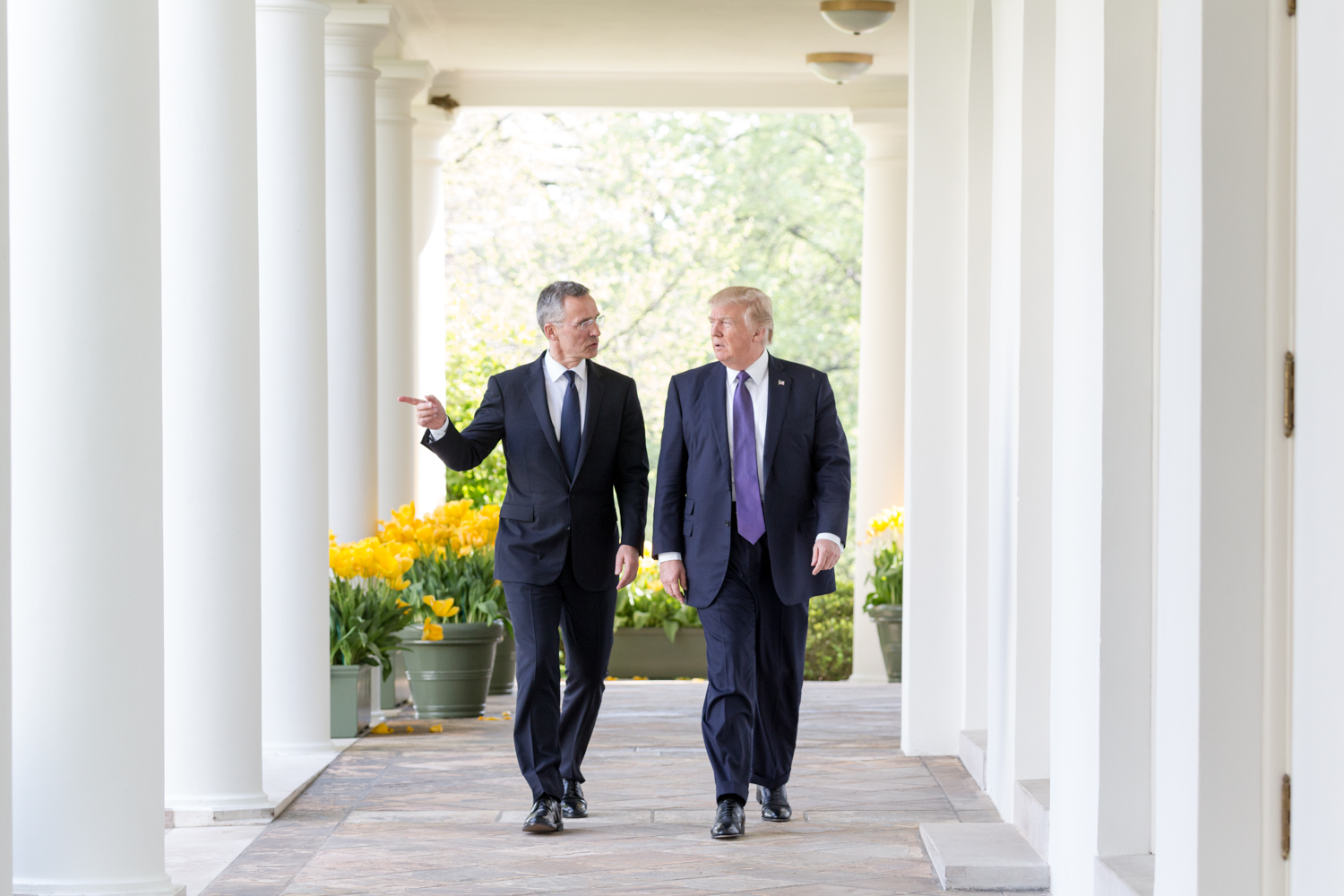
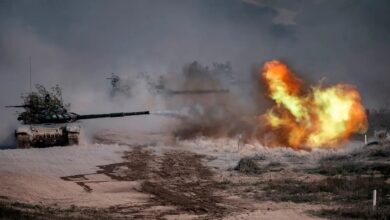

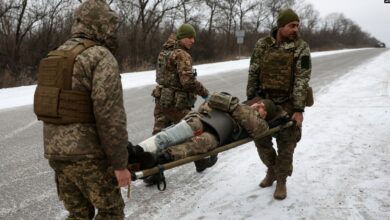


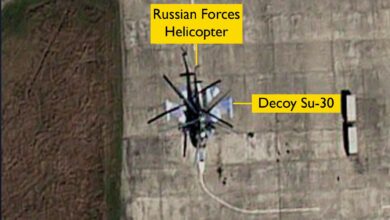


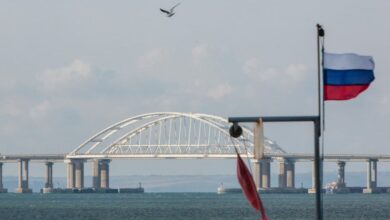
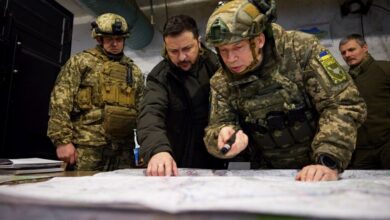
5 Comments